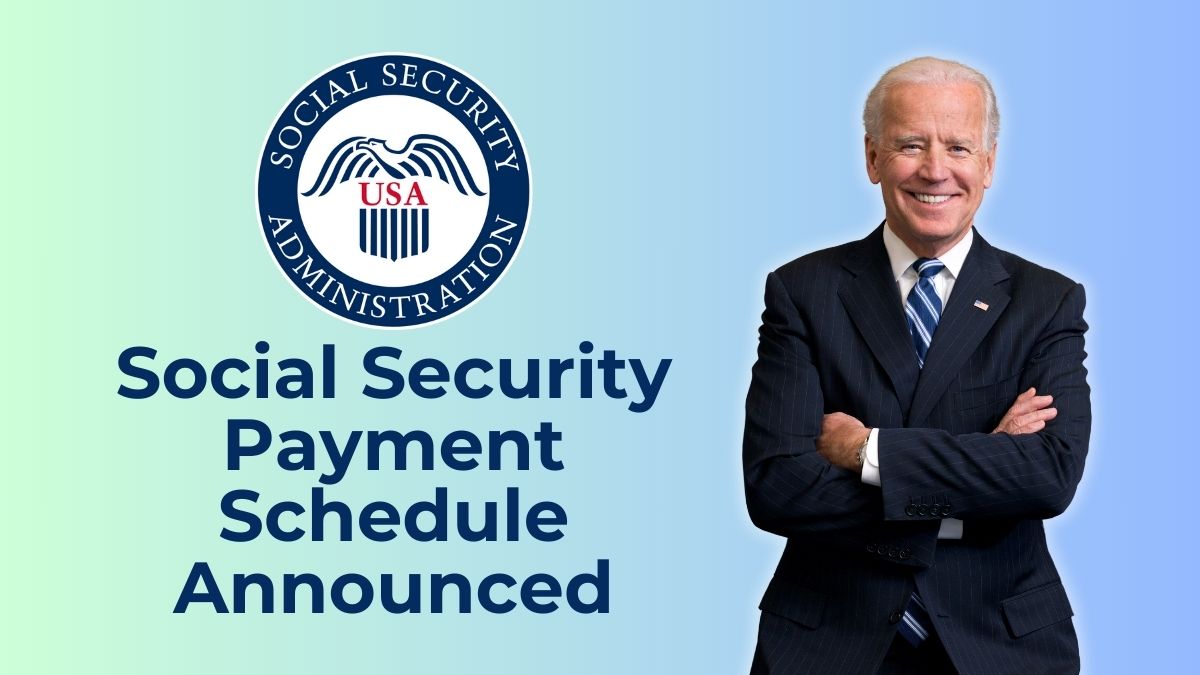You need to have a disability that lasts for more than a year or may cause death in order to get SSDI payments from the Social Security Administration. Besides that, you had to work and get enough work points.
You might not get these disability benefits if you don’t have a qualified disability and haven’t worked enough. You might find that your SSDI payment is not enough once you are approved. Then, some people who get Disability Insurance might want to look for a new job that pays more so they don’t have to depend on it.
Table of Contents
Can I Work and Receive SSDI Benefits?
If you’re receiving Social Security Disability Insurance (SSDI) benefits, you might wonder if you can still work and earn a living. The answer is yes, but there are limits to how much you can work and earn.
Do You Qualify for SSDI?
To receive SSDI benefits, you must have a qualifying disability that lasts over a year or may result in death. You must also have worked and earned enough work credits. If you don’t meet these requirements, you won’t be eligible for benefits.
Living on SSDI Benefits,The Challenges
SSDI payments can be barely enough to make ends meet. That’s why some recipients may want to explore job opportunities to supplement their income.
Work and Still Receive SSDI Benefits
If you want to continue receiving disability benefits while working, consider joining the Ticket to Work Program. This program allows you to work and still receive benefits. And don’t worry if you can’t continue working due to your disability – your benefits can start again without having to reapply.
Can You Work Without Worrying About Your Benefits?
The Trial Work Period allows you to receive full benefits for 9 months, regardless of your earnings. Just remember to report your earnings to the Social Security Administration.
How Does Combined Income Affect Your Eligibility?
The Extended Period of Eligibility allows you to work and receive benefits for 36 months. If your earnings aren’t substantial (over $1,550 or $2,590 if you’re blind), you can still receive full disability benefits.
Taxes and SSDI Benefits
Don’t forget about income taxes! If you file a tax return as an individual and your combined income is between $25,000 and $34,000, you’ll pay taxes on up to 50% of your benefits. Earn more than $34,000, and up to 85% of your benefits may be taxable.
Conclusion
Working while receiving SSDI benefits requires careful consideration of income limits and work incentives. By understanding the rules and programs available, you can make informed decisions about your financial future.
FAQs
Can I work while receiving SSDI benefits?
Yes, but there are limits to how much you can work and earn.
How much can I earn while receiving SSDI benefits?
You can earn up to $1,110 per month without affecting your benefits.
What is the Ticket to Work Program?
It’s a program that allows you to work and still receive SSDI benefits
What is the Trial Work Period?
It’s a 9-month period where you can receive full benefits regardless of your earnings.
Can I receive full disability benefits if I’m working?
Yes, if your earnings are not substantial (over $1,550 or $2,590 if you’re blind).
Do I have to pay taxes on my SSDI benefits?
Yes, if your combined income is between $25,000 and $34,000, you’ll pay taxes on up to 50% of your benefits.














